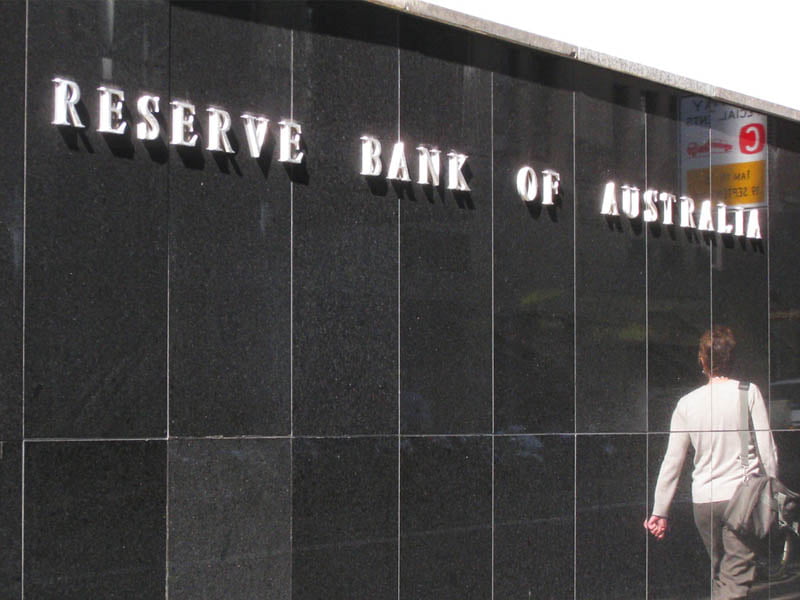The Reserve Bank of Australia has warned against an uncoordinated approach to digital identity, saying this would lead to “inefficiencies” and security risks.
Addressing the Business Banking Summit last week, RBA assistant governor of business services Lindsay Boulton said digital identity would play a crucial role in reducing payment fraud and improving online security, but a coordinated approach must be adopted between providers and government.
The Australian Payments Council is currently working on the development of a digital identity framework in Australia which would support the creation of “portable digital identities” – a “single framework that can be used by different organisations to verify and authenticate identity at the time transactions are taking place”, Mr Boulton said.

“This does not necessarily mean that the underlying identity system is owned and operated by a single entity, but that there is interoperability between identity services and a common set of rules by which identities are lodged, verified, authenticated and shared,” Mr Boulton said.
“It is intended that the framework will extend beyond payments and financial services to include retail, government and the telecommunications sectors.”
This important framework must be developed cooperatively between service providers and government, he said.
“Whatever form it finally takes, it is important that the work to develop the framework is coordinated. The benefits will not be fully realised if each identity service provider goes it alone, developing their own identity services with different standards, separate and unconnected to each other,” Mr Boulton said.
“This would likely result in inefficiencies, requiring individuals and organisations to maintain identities with different providers for different purposes, and leave security gaps.”
With innovations bringing about new payment services, digital identity is crucial in preventing fraud and improving security, Mr Boulton said.
“Already in Australia, annual losses arising from payment card fraud amount to around $600 million, much of which comes from online payments where the card is not physically present.
“The ability for individuals representing either themselves or their organisations to properly and reliably identify themselves online is essential for security as we increasingly move to online transactions,” he said.
The RBA has previously said that digital identity has the potential to “make online interactions more convenient and secure, including in the context of open banking”.
A trusted digital identity could help mitigate the scope for identity fraud, while providing convenient authentication, as part of an open banking regime,” the RBA said in a submission to Treasury.
“Open banking and digital identity are both areas in which Australia is lagging internationally.”
Acknowledging that incorporating digital identity in open banking would delay its rollout, the RBA is instead pushing for the regime to be “designed to be able to incorporate future developments in digital identity”.
In his speech, Mr Boulton said that open banking represents a “significant advance in banking arrangements, giving consumers of banking and financial services the right to access and share their banking data with third parties”.
The RBA is a major player in open banking and digital identity services, acting as a holder of data and a receiver of data from commercial providers.
Do you know more? Contact James Riley via Email.

